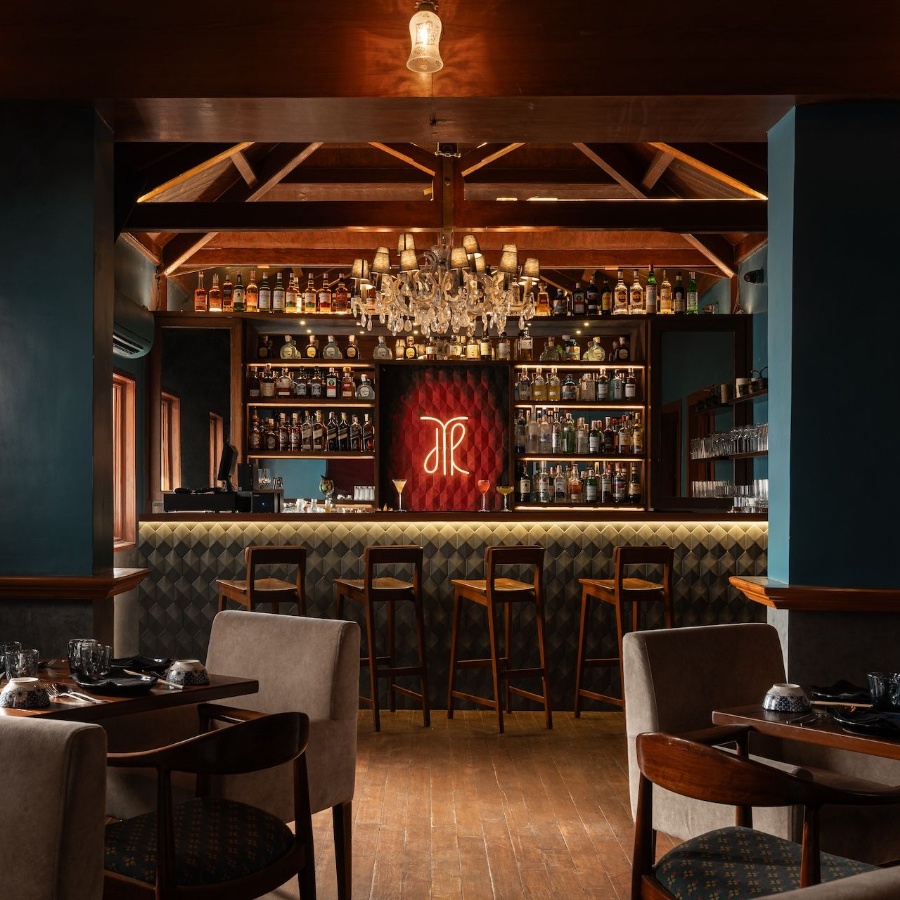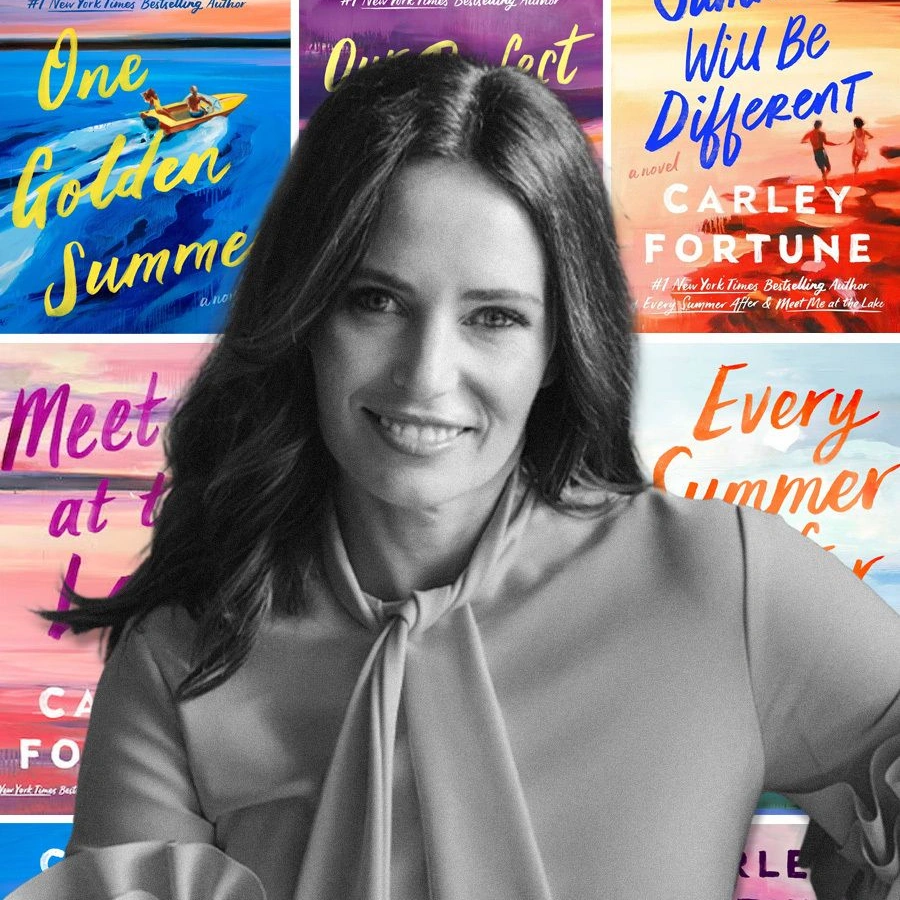Asma Khan didn’t set out to be a chef. In fact, by training, she’s a lawyer. But fate (and food) had other plans. Today, she’s the powerhouse behind London’s beloved Darjeeling Express, the first British restaurant to be run entirely by an all-female kitchen. She’s also a Netflix star (Chef’s Table, anyone?), a fierce advocate for women in the culinary industry, and has been snapped in the company of everyone from King Charles and Olympian Tom Daley to Paul Rudd and Reese Witherspoon. Following the success of Asma’s Indian Kitchen (2018) and Ammu (2022), she is all set for the launch of her third and most personal cookbook, Monsoon (out on DK Red today), a treasure trove of recipes and stories.
Seated in a cosy corner of her amber-walled restaurant in the heart of London’s bustling Carnaby Street, the 55-year-old chef sheepishly admits, “I didn’t know how to cook when I moved to England.” Yet, today her restaurant is an unmissable pilgrimage of sorts for people looking for authentic Indian—and by extension Bengali—cuisine in the Square Mile. As a thoroughbred Bengali myself, I can attest to not just the authenticity but the warm feeling of home and comfort that Khan brings to her table.
Her relationship with food is rarely just about the food itself. So, it follows that her latest cookbook, Monsoon, isn’t just about food—it’s about gratitude. “I was born in July, during the monsoon,” she says. “If you haven’t experienced the monsoon in India, you haven’t understood how to be grateful.” That first drop of rain after months of unbearable heat... It changes everything. Khan recalls her childhood days in Beckbagan—a Kolkata neighbourhood notorious for heavy rainfall and its subsequent waterlogged streets. “We would have nothing at home—no groceries—and everything would be shut,” she reminisces. And that is when the real magic would unfold in her mother’s kitchen. The act of creating something extraordinarily flavourful, and communally eating it, while the thunderstorms chased on leafy branches outside her window.
Today, globally revered culinary reality shows like Masterchef Australia, have seen South Asian contestants take home the winning title for championing household basics like panta bhat (fermented rice), and aloo bhorta (spiced mashed potatoes). Khan’s objective with her new cookbook is along similar lines. It is as much a celebration of the beauty of seasonality as it is of the lost art of eating within the context of time and place. “When I was growing up, I could walk into a market and tell you the season just by seeing the vegetables,” she says. “Mangoes meant summer. Cauliflower and red carrots? Winter. Sarson saag? Must be the colder months in Aligarh.”











